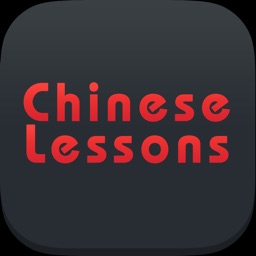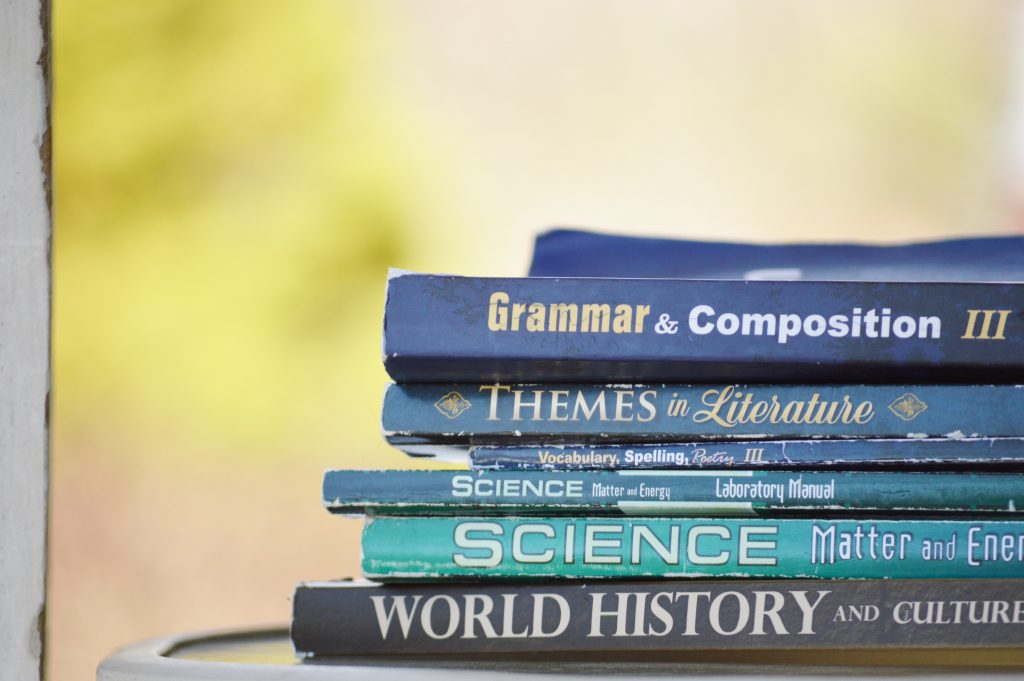With the 2022 Winter Olympics happening in Beijing this year, you don’t want to miss this opportunity to engage with Chinese culture and watch some Olympic sports in Chinese. The Olympics, in addition to bringing together some of the best athletes in the world, fosters the spirit of the international community and cross-cultural exchange. China, as the host country this year, has been preparing for this global event to present its culture on the world stage.
This article will go over some info about the Winter Olympics this year before providing you with a handy list of relevant Chinese vocabulary, including words for Olympic sports in Chinese. Once you learn Chinese vocabulary related to the Olympics, you can chat about the games with your friends or colleagues, whether you’re discussing the opening and closing ceremonies, the national medal counts, or your favorite sports in Chinese.
Watching Sports in Chinese: The Beijing Winter Olympics 2022
Schedule for the Opening and Closing Ceremonies
Since the Olympics are in China this year, the opening and closing ceremonies should be exciting for anyone interested in sports and Chinese culture. Traditionally, the opening and closing ceremonies of the Olympic Games have allowed the host country to showcase their national culture to the world. So, make sure to watch these to see what China has been planning.
Primetime coverage for the Olympic games in China started on February 3rd, and the opening ceremony of the 2022 Beijing Winter Olympics began at 8 pm (China Standard Time) on February 4th.
The closing ceremony is on February 20th at 8 pm (China Standard Time).
Winter Olympics 2022 Coverage
So, where can you catch the Winter Olympics this year?
If you live in the US, you can stream the Olympics on Peacock, NBCOlympics.com, or the NBC Sports App. You can also watch the games on NBC, USA, or CNBC.
If you live elsewhere in the world, you can check out which networks are broadcasting the Olympics in other countries here.
Chinese Culture in the Opening Ceremony
References to Chinese symbols and culture were plentiful in this year’s opening ceremony in the Bird’s Nest, the same stadium that was used for the Beijing Olympic Games in 2008.
A countdown that featured the use of the 24 solar terms of the traditional Chinese calendar kicked off the entire ceremony. For those unfamiliar with solar terms, they each last about half of a month and were devised in ancient times for agricultural purposes.
Even though it’s the Winter Olympics, the reference to these solar terms shows that China has invited the world to jointly observe the coming of spring. The countdown for the Olympic opening ceremony and its performances celebrated the Olympics as well as the start of the solar term “Start of Spring” (立春; lì chūn), which fell on February 4th.
Since China is the host country of this Olympics, the Chinese language will also be used throughout the games alongside French and English, so keep your eyes and ears ready to see if you can pick up any Chinese as you watch. For a challenge, see how many of the Chinese country names in the Olympic snowflake cauldron you can read!
What about the Beijing Olympic mascots? Bing Dwen Dwen (冰墩墩; Bīng Dūn Dūn), a panda, is the official mascot of the 2022 Winter Olympics. Shuey Rhon Rhon (雪容融; Xuě Róng Róng), a Chinese lantern, is the official mascot of the 2022 Paralympics. Both mascots pay homage to Chinese culture as they welcome visitors and spectators from around the world to enjoy the Olympic Games in Beijing.
Vocabulary to Watch Sports in Chinese
If you’re a Chinese language learner, a foreigner in China, or just a fan of the Winter Olympics, you might want to have some Chinese vocabulary—like words for winter sports in Chinese—handy to talk about the games. Here’s a list of Chinese vocabulary for Olympic Games:
| Chinese | Pinyin | English |
| 奥林匹克 | ào lín pǐ kè | Olympics |
| 冬季奥林匹克运动会 | dōng jì ào lín pǐ kè yùn dòng huì | Winter Olympic Games |
| 奥运会开幕式 | àoyùnhuì kāimù shì | opening ceremony |
| 火炬 | huǒ jù | torch |
| 国旗 | guó qí | national flags |
| 奖牌 | jiǎng pái | medals |
| 运动 | yùndòng | sports |
| 体育场 | tǐyù chǎng | stadium |
| 运动员 | yùndòngyuán | athlete |
| 赢家 | yíngjiā | winner |
| 败者 | bàizhě | loser |
| 高山滑雪 | gāo shān huá xuě | alpine skiing |
| 冬季两项 | dōng jì liǎng xiàng | biathlon |
| 雪车 | xuě chē | bobsled |
| 越野滑雪 | yuè yě huá xuě | cross-country skiing |
| 冰壶运动 | bīng hú yùn dòng | curling |
| 花样滑冰 | huā yàng huá bīng | figure skating |
| 自由式滑雪 | zì yóu shì huá xuě | freestyle skiing |
| 冰球 | bīng qiú | ice hockey |
| 雪橇 | xuě qiāo | luge |
| 北欧两项 | běi’ōu liǎng xiàng | nordic combined |
| 短道速滑 | duăn dào sù huá | short track |
| 钢架雪车 | gāng jià xuě chē | skeleton |
| 跳台滑雪 | tiào tái huá xuě | ski jumping |
| 滑板滑雪 | huá bǎn huá xuě | snowboarding |
| 速度滑冰 | sù dù huá bīng | speed skating |
| 金牌 | jīn pái | gold medal |
| 银牌 | yín pái | silver medal |
| 铜牌 | tóng pái | bronze medal |
| 残奥会 | cán ào huì | Paralympic Games |
| 哪个活动是你最喜欢的? | nǎ ge huó dòng shì nǐ zuì xǐ huān de? | Which event is your favorite? |
| 体育馆里坐满了观众看这场比赛。 | Tǐyùguǎn lǐ zuòmǎnle guānzhòng kàn zhè chǎng bǐsài. | The stadium is full of people for this game. |
| 人们在欢呼。 | Rénmen zài huānhū. | The people are cheering. |
Conclusion
As you tune into the Games in Beijing this year to watch some sports in Chinese, we hope that you enjoy the Winter Olympics. Cheer on your favorite athletes, soak up some Chinese culture, and remember to practice the words you learn by using Hack Chinese’s custom vocabulary lists!




